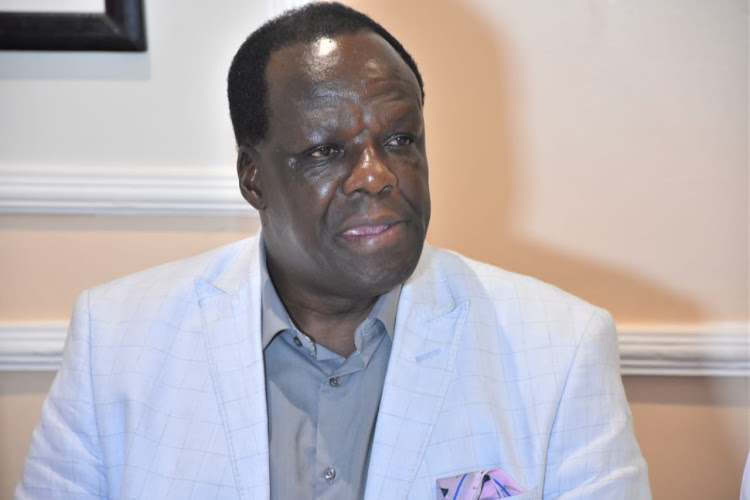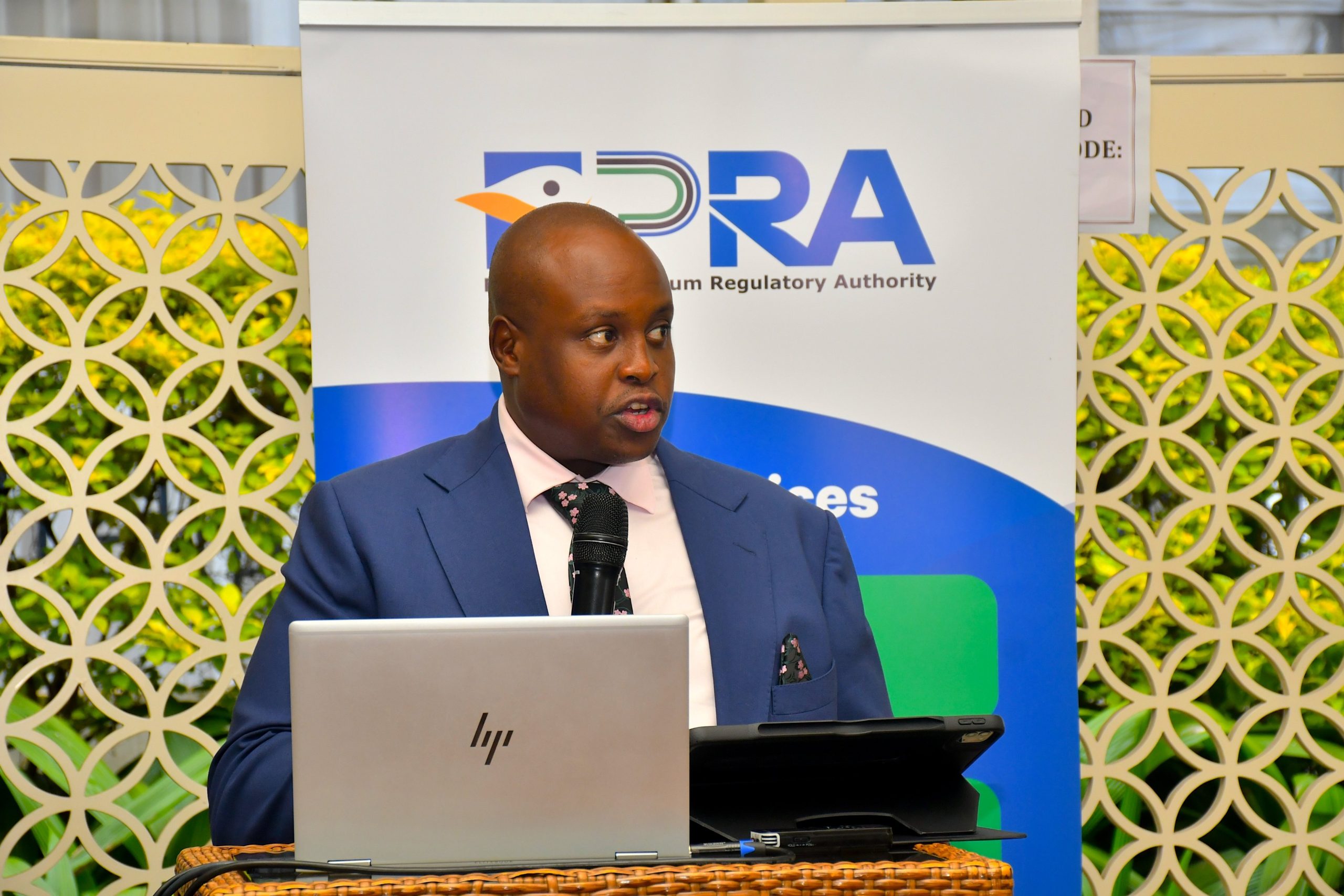By Collins Wanzallah
Cabinet Secretary for Cooperatives and Micro, Small, and Medium Enterprises Development, nominee Wycliffe Ambetsa Oparanya, has threatened to sue top ethics and anti-corruption commission EACC officials over what he termed sharing false information with the clerk of the National Assembly.
Through city lawyer Dunstan Omari, the former Kakamega governor says the move by ethics and anti-corruption to write a letter to the parliament to stop the vetting process as the C’s nominee is uncalled for and lacks merit. Those whom Oparanya has threatened to sue are Twalib Mbarak, CEO of EACC, Commissioners John Otieno Ogalo, Cecily Mutuku, Dr Monicah Wanjiru, Cornel retired Alfred Mushimba, and Chai EACC David Ogindo.
According to the letter, Omari says his clients are ready to serve the country in the capacity given to them by the president, given that there is no live anti-corruption case against him. Oparanya, through his advocate, also added that he has never been charged formally given that there was a stay at the high school that stopped his arrest and prosecution.
The former deputy party leader of the Orange Democratic Movement (ODM) now wants an apology and subsequently withdrawal of the letter sent to the clerk of the National Assembly, failing which he will institute legal proceedings against individuals as well as the entire commission. “Take note that for failure to heed our demands, we have strict instructions to institute legal proceedings against yourselves jointly and severally as individuals exercising personal interest to the detriment of the rule of law and that of the constitution of Kenya,” read the letter. Mr Oparanya is President Ruto’s nominee for the Co-operatives and Micro, Small, and Medium Enterprises Development docket.
The EACC has however clarified that it has not barred any Cabinet Secretary nominees from seeking appointment. The clarification was in response to reports suggesting that the EACC failed to clear Mr Oparanya due to integrity issues. The Commission stated that it merely provided information on each candidate’s integrity status without passing judgment, leaving the decision to the vetting committee.





